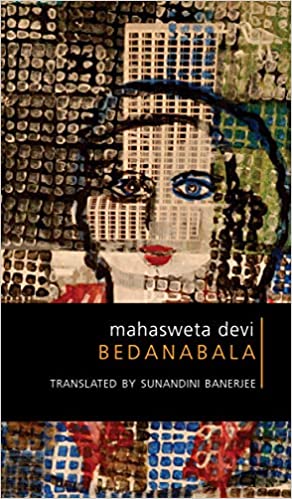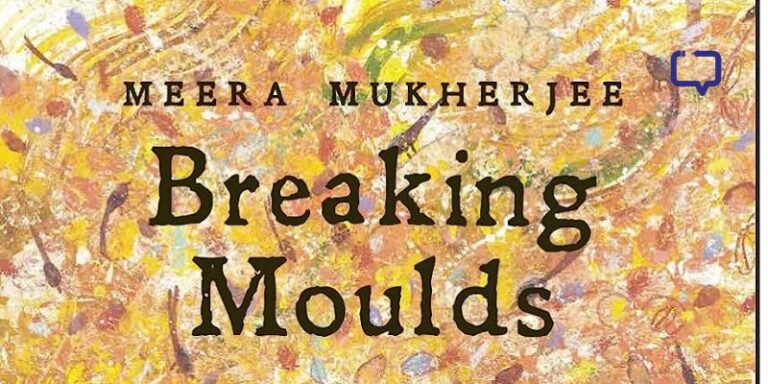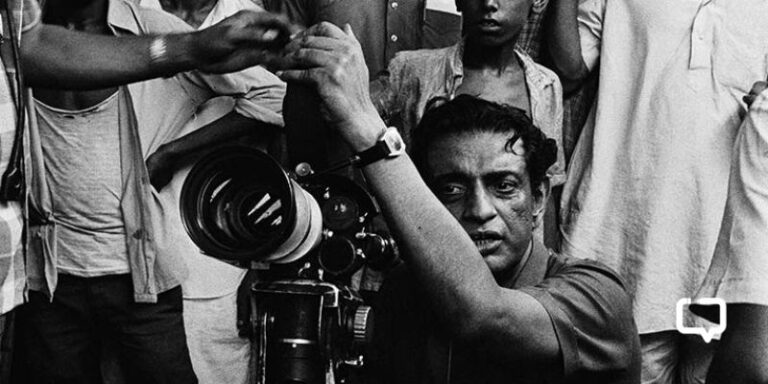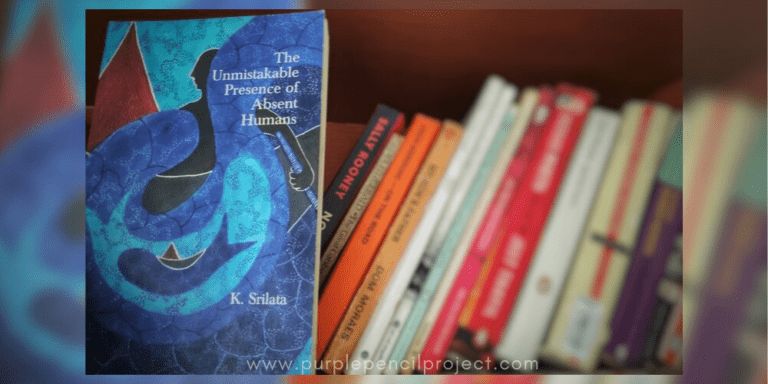“If the sky were sheet of paper/ If every blade of grass on earth were pen/ If the seven seas were awash with ink/ If all of that were used up even then/ It would not be enough for their history to be written.”
The popular adage “The pen is mightier than the sword” stands immortalised through Mahasweta Devi’s works, about 100 novels written during her literary career spanning six decades. The doyen of Indian activist writers, she dedicatedly worked to solve grassroots problems of tribals, landless labourers and other marginalised sections of society.
We encourage you to buy books from a local bookstore. If that is not possible, please use the links on the page and support us. Thank you.
In Bedanabala set in pre-independent India, she lends a voice to the scarred lives of prostitutes or ‘kept’ women, women diligently kept off the boundaries of the sacrosanct and safe domestic fold.
An account of subaltern memory
Bedanabala: Her Life. Her Times by Mahasweta Devi, translated from Bengali by Sunandini Banerjee, an account in first person that begins with the birth of the titular character in the year 1910 but soon meanders into the story of two prominent characters – Ma (Bedanabala’s mother, Kamalini) and Did’ma (whose name is Kaminibala).
Did’ma, a highly influential woman, one in a long line of whores hunted down pretty girls from rich zamindar households and bribed their maids into selling them. Ma, born in a rich zamindar family, was one such victim.
Ma grows up to be an exceptionally beautiful girl, a Kohinoor in Did’ma’s coterie. Her goddess-like beauty invokes a certain devotion and strangely triggers pangs of love in Did’ma. Did’ma who knew only whoring all her life now wishes to atone for her sins. She simply cannot get Ma to complete the rituals of becoming a professional whore after she turns 14.
Bathed in turmeric water and married to a curved hand-held blade of iron for life with a pledge to serve any man who crossed her threshold and her name listed in the police records, this marks a girl’s inception into the business of whoring. There is no turning back for the girl thereafter – “Men will tear her to pieces while she’s alive. And when she’s dead, the government will swallow every bit she leaves behind.”
Did’ma‘s mindset is seen undergoing a change around the time the country is embracing Swadeshi ideals and resisting the tyranny of British rulers; a strong nationalistic fervour and a modern outlook are slowly seeping into the air around.
Ma is 17 and still hasn’t flung a garland onto a blade of iron. How fate, once again, through Did’ma charters an alternate course of life for Ma, that of a housewife which every whore hankers after, we learn from the account.
Thumbs Up
The spare prose of Bedanabala is highly incisive with the plight of these prostitutes tearing our hearts asunder. They have a million names and are scorned, their shadows considered polluting, but the men who visit them remain untainted.
The prose is evocative in parts where Ma’s (Kamalini) beauty is described – her red-bordered garad silk saree, her face framed in it as the sari covers her head, and red alta on her feet, all painting a vivid image.
The characters are few and well-fleshed out. Mani who just couldn’t escape her fate as a whore and had none to call her own except Did’ma is the most complex and layered character – she rebels against Did’ma but is also servile and loyal to her, her happiness is bittersweet when Ma’s life takes a turn for good. Her conversations with Bedanabala shape the account to a great extent.
The nationalist movement with instances of social work by the Nabya Hindu Mission and daring, young rebels upping the ante against the British Raj makes a brilliant backdrop to Bedanabala.
Mahasweta Devi depicts feminism in the most pragmatic fashion in Bedanabala – the emancipation of women achieved by concerted efforts from both men and women. Bedanabala’s father – Balaram Ray, a rich zamindar, a zealous patriot and a sincere social worker not only gives a new lease of life to Ma but earnestly treats her as an equal in their married life. When Bedanabala is born, he proudly claims his daughter will be worth a hundred sons.
The qualm that we learn very little of Bedanabala in the book despite the title is allayed with a befitting end.
Thumbs Down
The reasons for Did’ma’s reluctance to get Ma into the profession and the nature of their bond remain quite fuzzy. What compelled Did’ma to make an exception in the case of Ma when her remarkable beauty could have brought huge profits to the business remains unclear from Bedanabala’s account of gathered memories.
Favourite Quote
The first words barely out, the first teeth barely up, and you steal them. Bring them here and feed them and fatten them like chickens in a coop. Then hurl them into hell. If they’d been with their own true parents perhaps they’d marry too, have families too.
Book Cover
Sunandini Banerjee who has translated this novella beautifully and seamlessly has also designed the cover using a painting by Arunima Chowdhury, the image probably conveying how every woman is a sum of many identities, shaped by circumstances and forces around her.
Conclusion – It is noteworthy that the soil from outside brothels is begged for by sex workers and brought to make idols for Durga Puja every year. While this sign of inclusion is heartwarming, we have a long way to go in assuring that these women have the right to break free from the darkness and grime in their lives.
Bedanabala is a powerful account of subaltern lives that should be read to understand that sections we consider as outcasts in society often contribute in the biggest way to scripting its history.






















10 Responses
Wow, i have to read this now. It reminds me of the film Mandi in certain ways, which is also based on the life of prostitutes and their (mis)treatment by the society.
Interesting; will add it to the article as a suggestion. Thank you!
Thank you Sneha
Loved reading your review and this book Divya
Yes! stories about the outcast lives make people empathetic and such stories should be written.. Nice review Divya
Thanks Swathi !
Lovely review Divya, adding this to my TBR
Thank you Dhanya !
Loved the review Divya ? I want to read all of Mahaswetha Devi’s works now
Such a well rounded and lovely review Divya…loved it